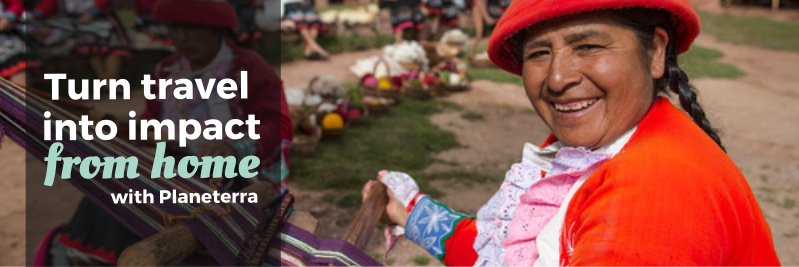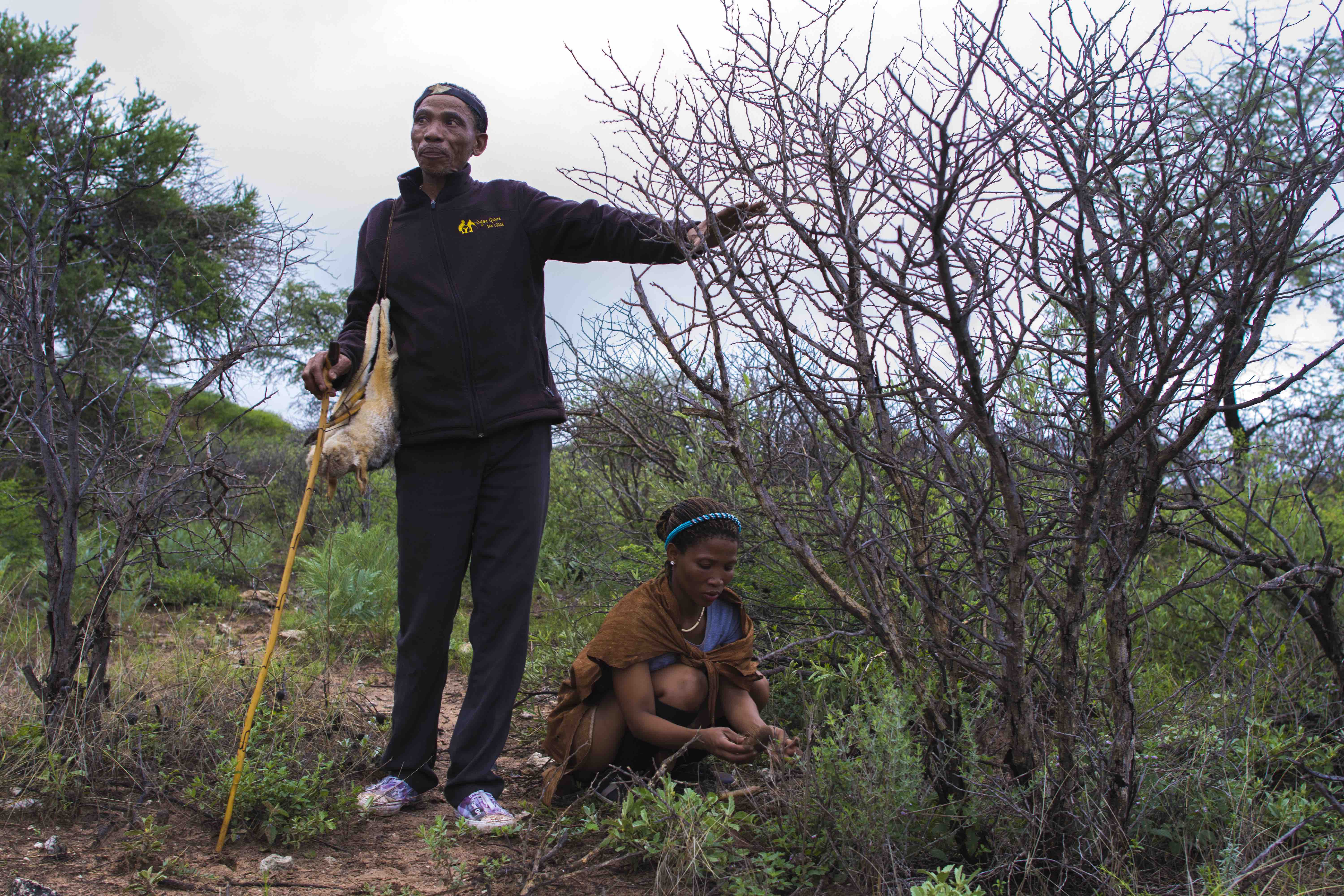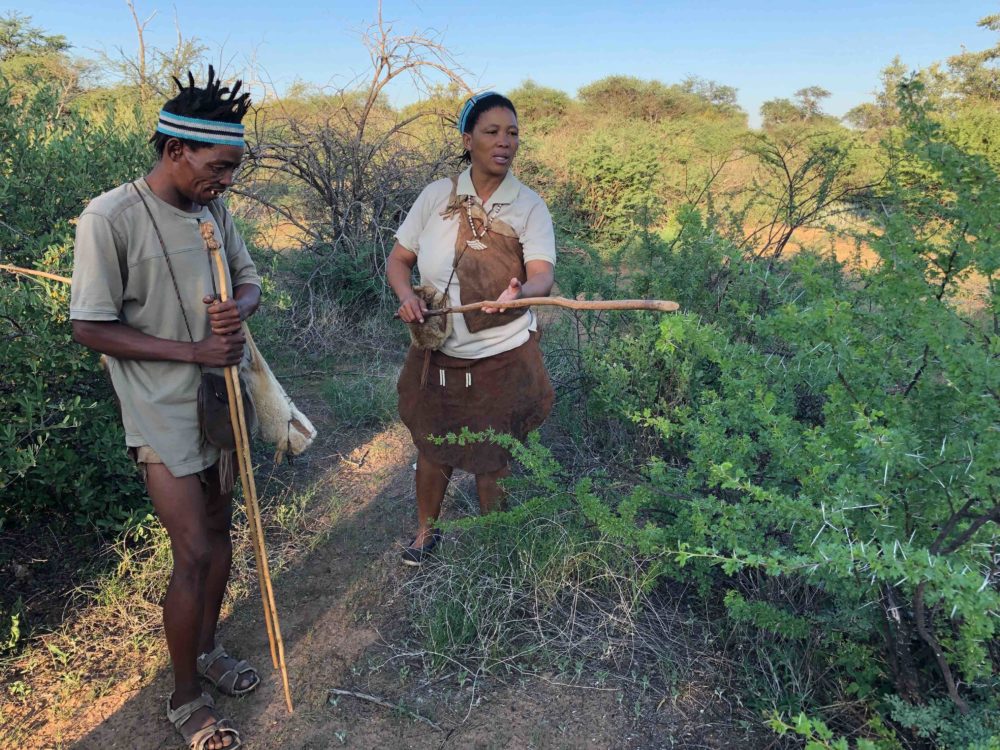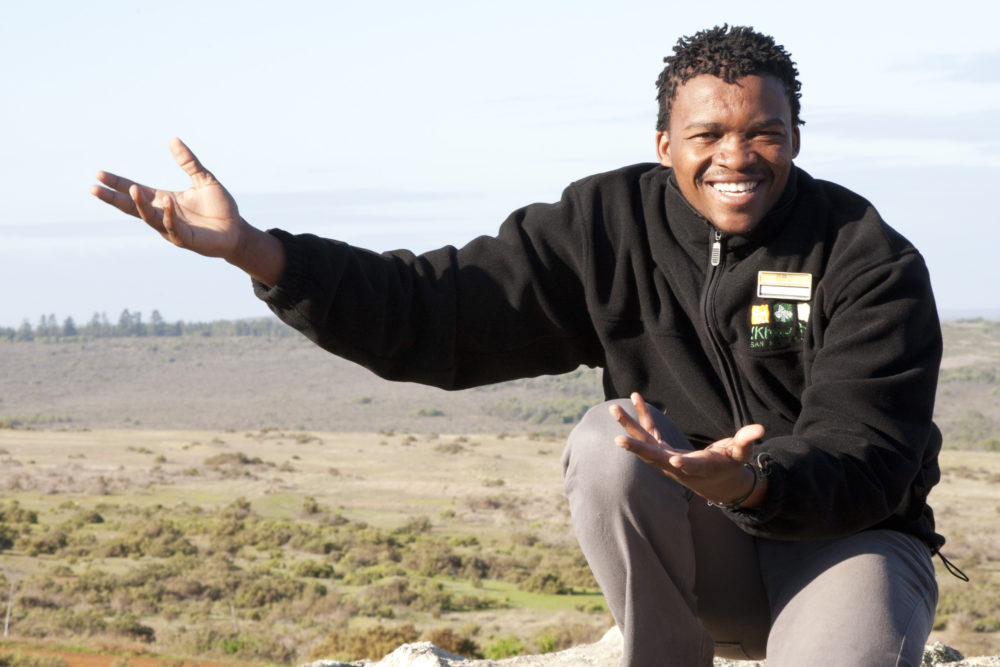
Non-profit launches ‘Turn Travel into Impact from Home’ campaign
As the COVID-19 pandemic continues, halting the global tourism industry, local communities who rely on tourism for income are being severely impacted. Working with some of the most impoverished communities in the world, Planeterra Foundation is releasing emergency grants to those most in need across their 85 projects, which supports the livelihoods of 65,000 individuals globally.
Calling on travellers and organizations around the world to offer their support, Planeterra has launched the ‘Turn Travel into Impact from Home’ campaign, with the goal of raising CAD$50,000 to help communities in immediate need. The campaign has already raised $15,000 in the past two weeks, allowing the non-profit to transfer grants to six of their partners to help support basic community needs, including food and medicine.
Among the first to receive funding is the AidChild Leadership Institute (ALI) in Uganda, which sees 50% of their operating budgets generated by their tourism initiatives, including a cafe and guesthouse rooms. The grant was allocated immediately to provide food for the 67 HIV-positive orphans in their care.
“We are still able to continue to feed and support the children and students in our care, thanks to this invaluable, adaptable, and compassionate partnership with Planeterra,” explains ALI founder, Dr. Nathaniel Dunigan.
Despite facing hardship, many communities are demonstrating kindness and resilience, with project members utilising their skills to offer support and services to others during the crisis. In China, the Jia Community Restaurant, which supports rural women and children by providing meaningful job opportunities, has transformed into a delivery and distribution centre for masks and thermometers for nearby villages, while in Zambia the team at Tribal Textiles, which supports local artisans outside South Luangwa National Park, are using their workshop to sew 1,500 masks for local healthcare workers.
President of Planeterra Jamie Sweeting, says that fragile communities need the support now more than ever to ensure they are protected and can continue to offer life changing experiences when travellers return in the future.
“Our global team is working overtime to support our projects, with grants to purchase food and medicine already going out to communities in Morocco, Belize, and Botswana. We’re encouraged by projects that are helping one another and their communities, and we hope this fund will provide some relief and help to ensure jobs and organizations remain intact for when travellers inevitably return,” Sweeting continues.
ends
About Planeterra
Planeterra is committed to turning travel into impact by helping local communities earn an income from tourism. It is a non-profit organization created in 2003 by G Adventures’ founder, Bruce Poon Tip and was started with the purpose of connecting underserved communities to opportunities in the travel industry. Planeterra helps local organizations and communities use tourism as a catalyst to improve people’s lives, protect their natural environments, and celebrate their culture. For more information please visit www.planeterra.org





